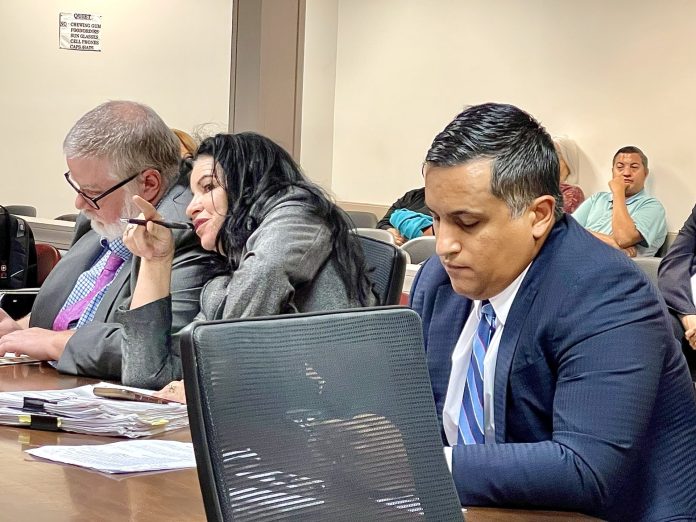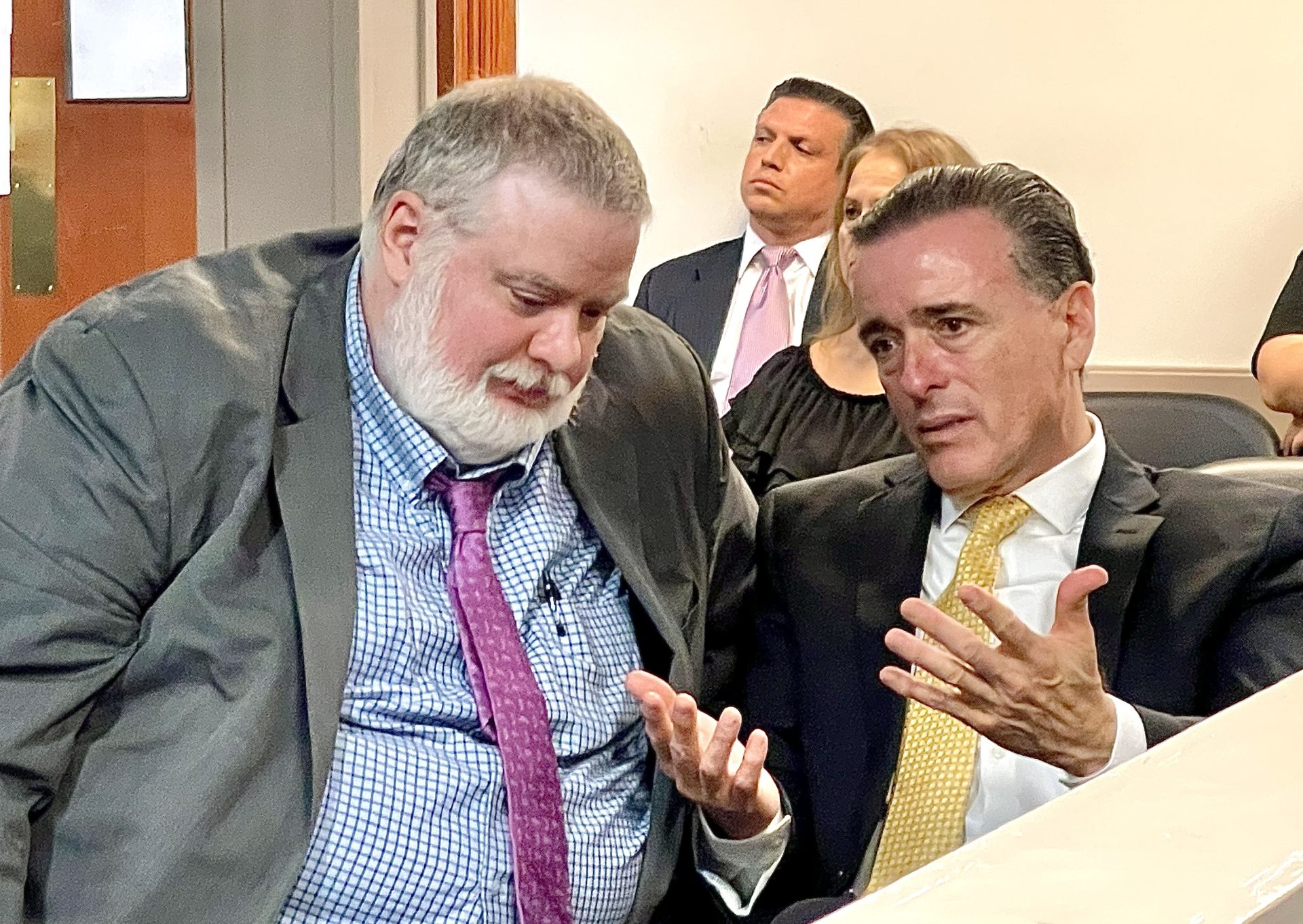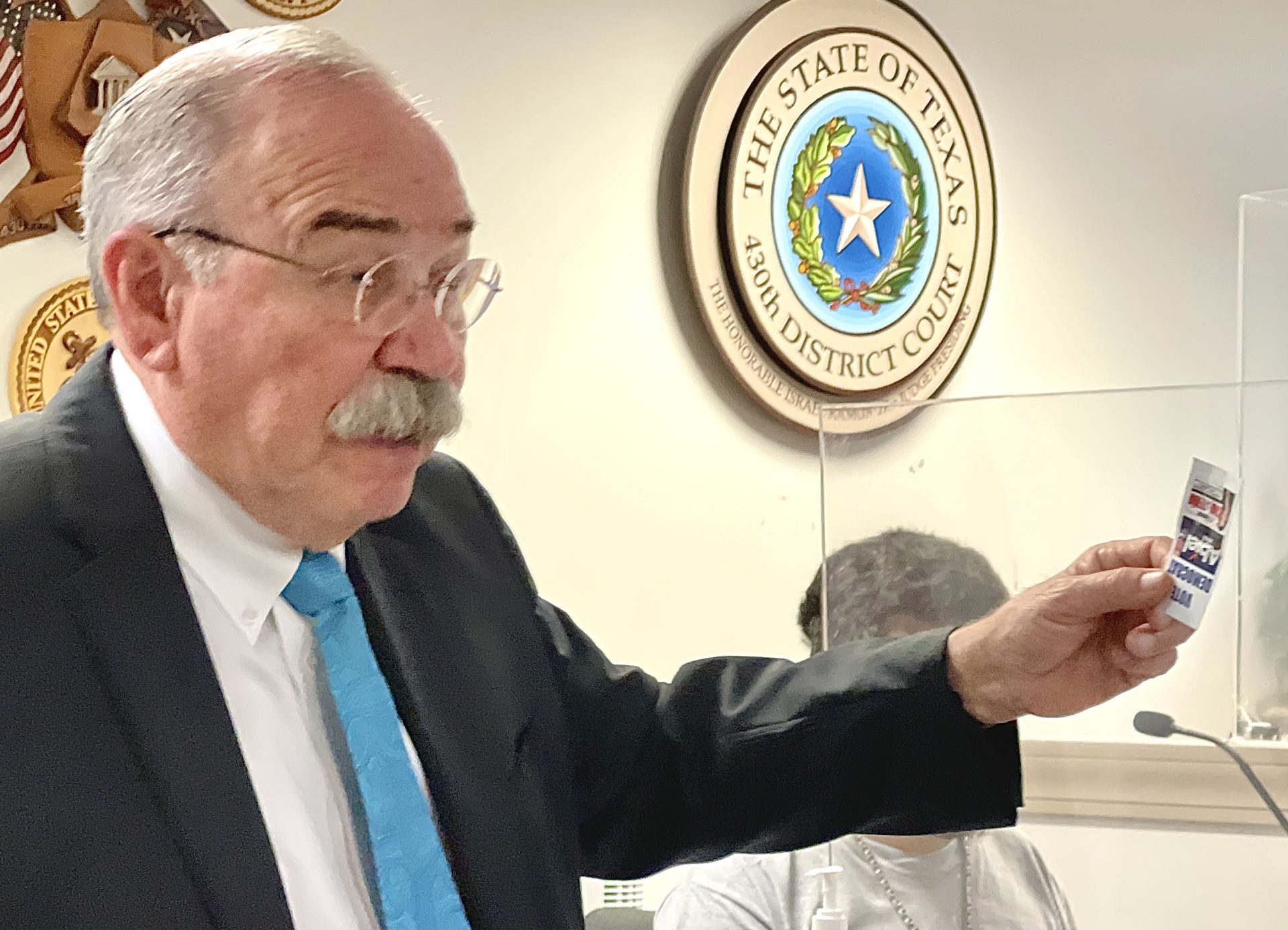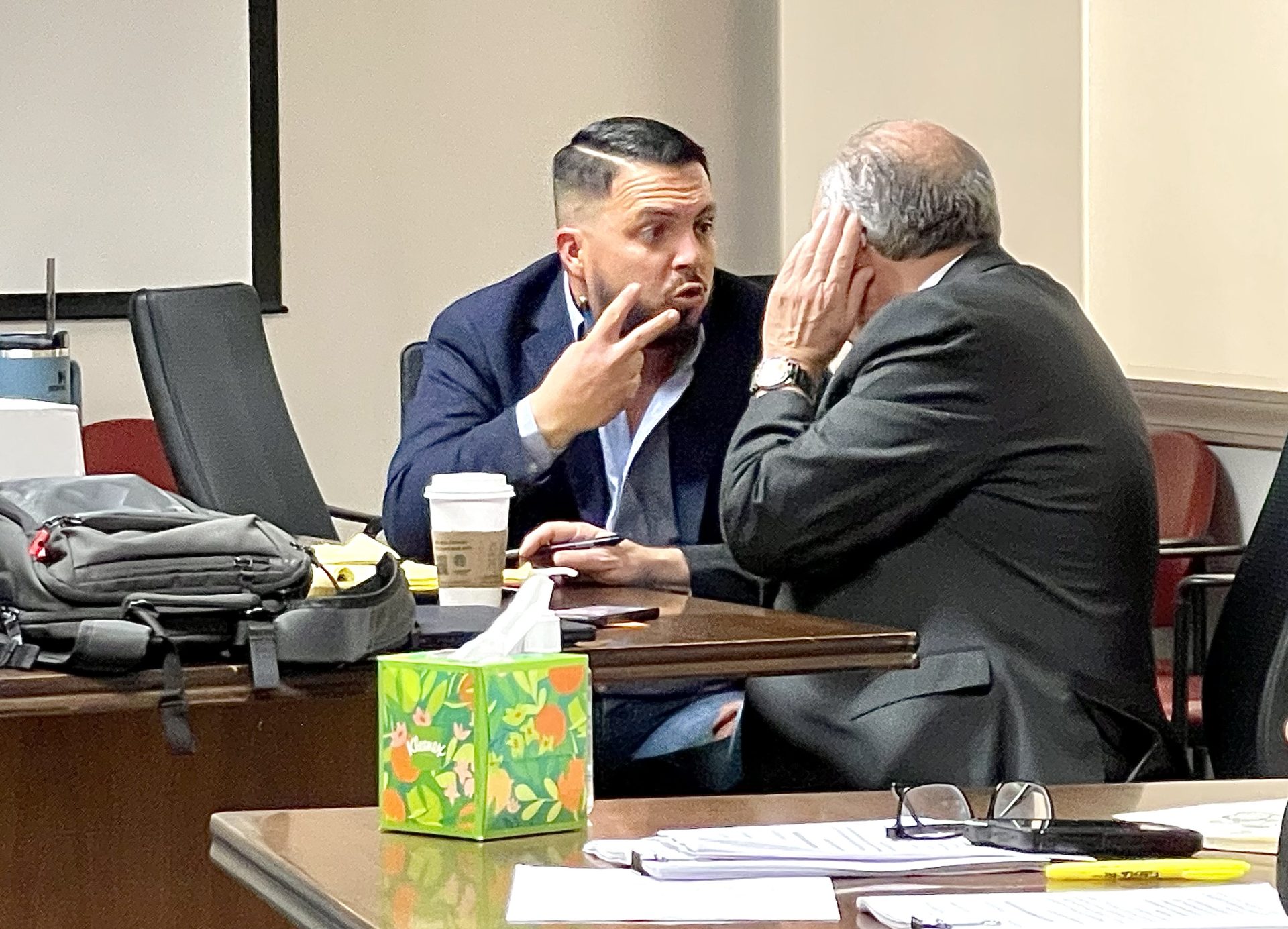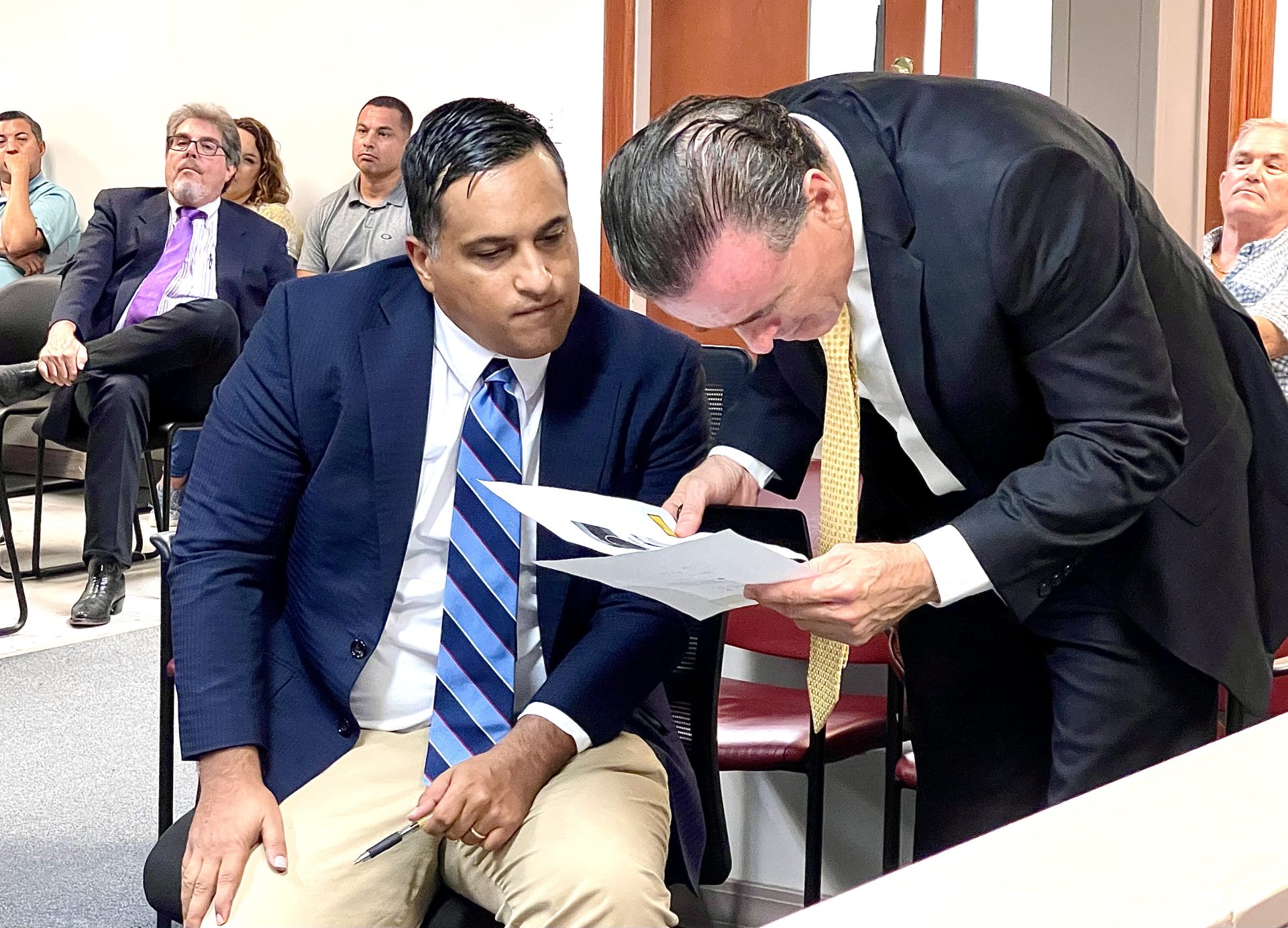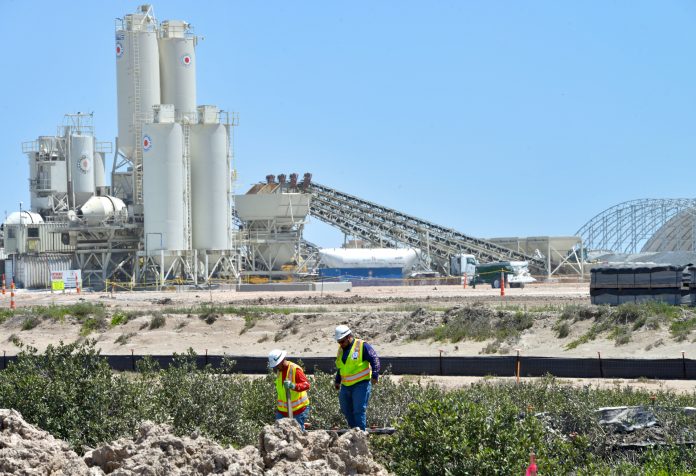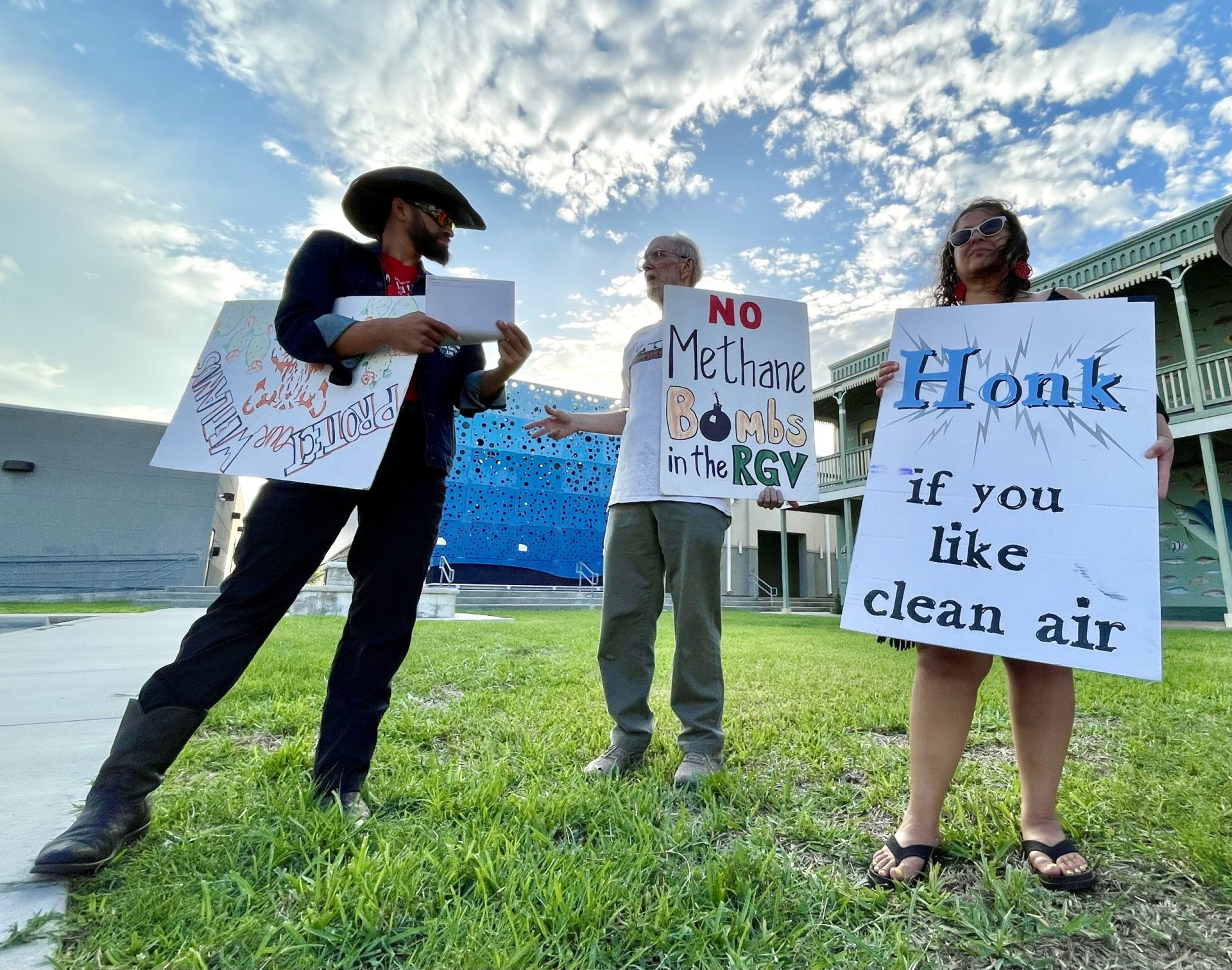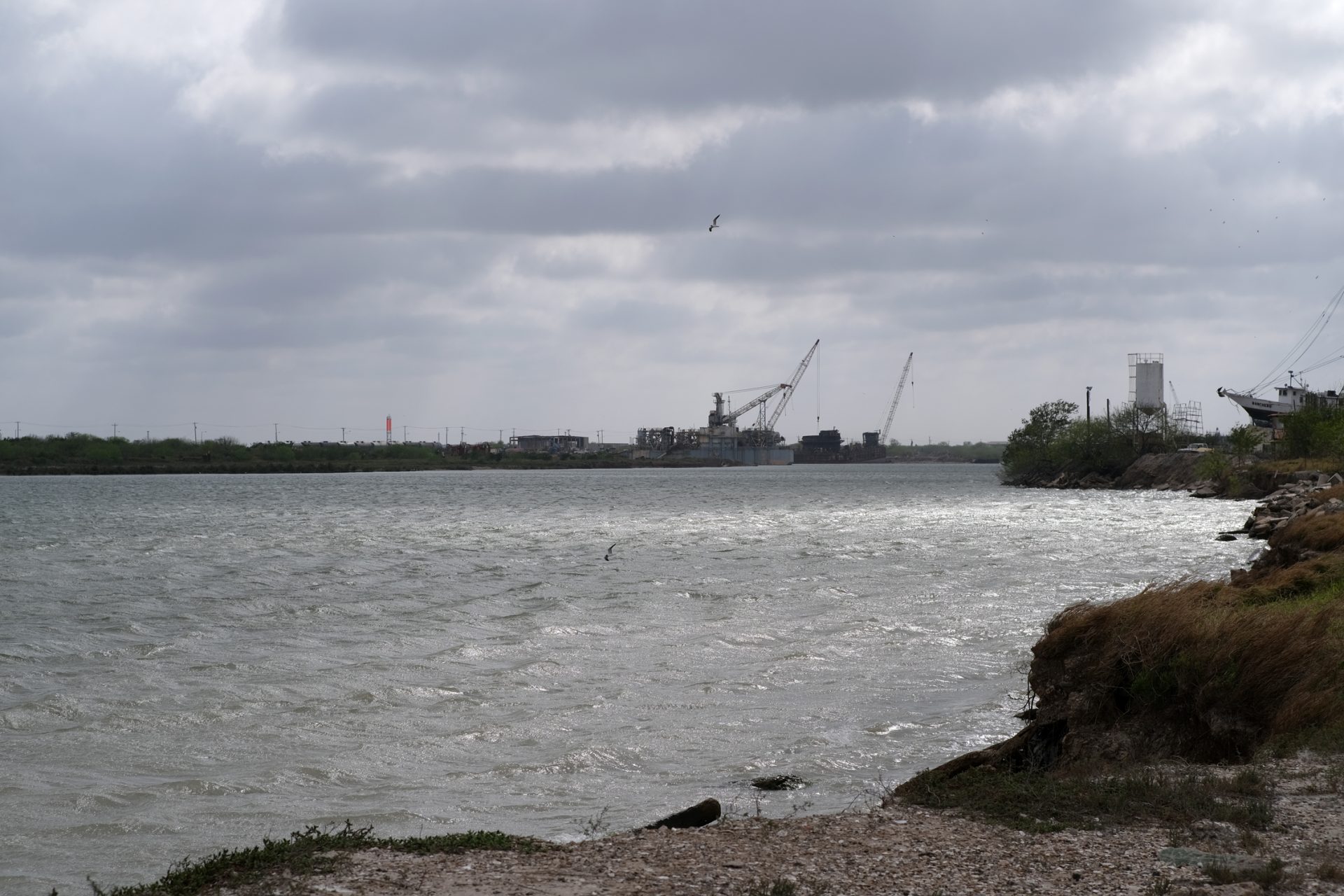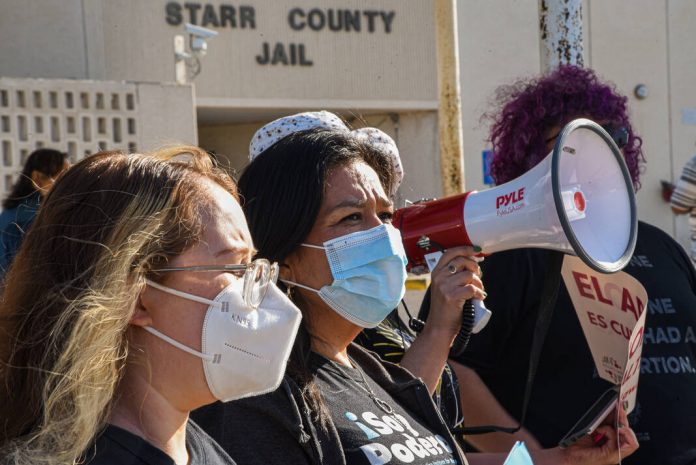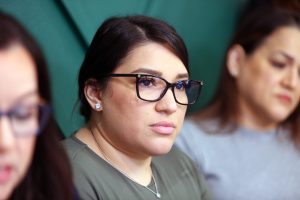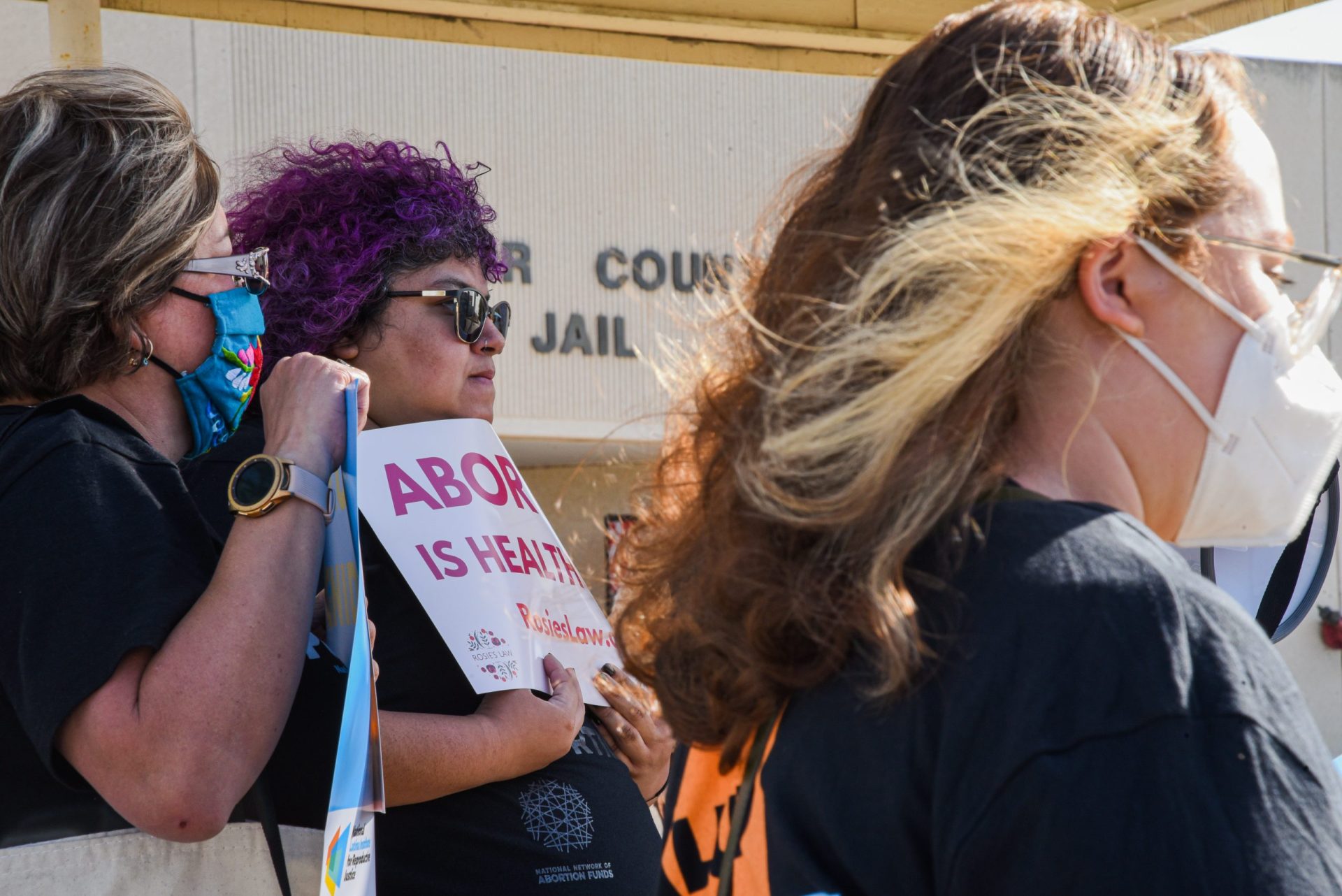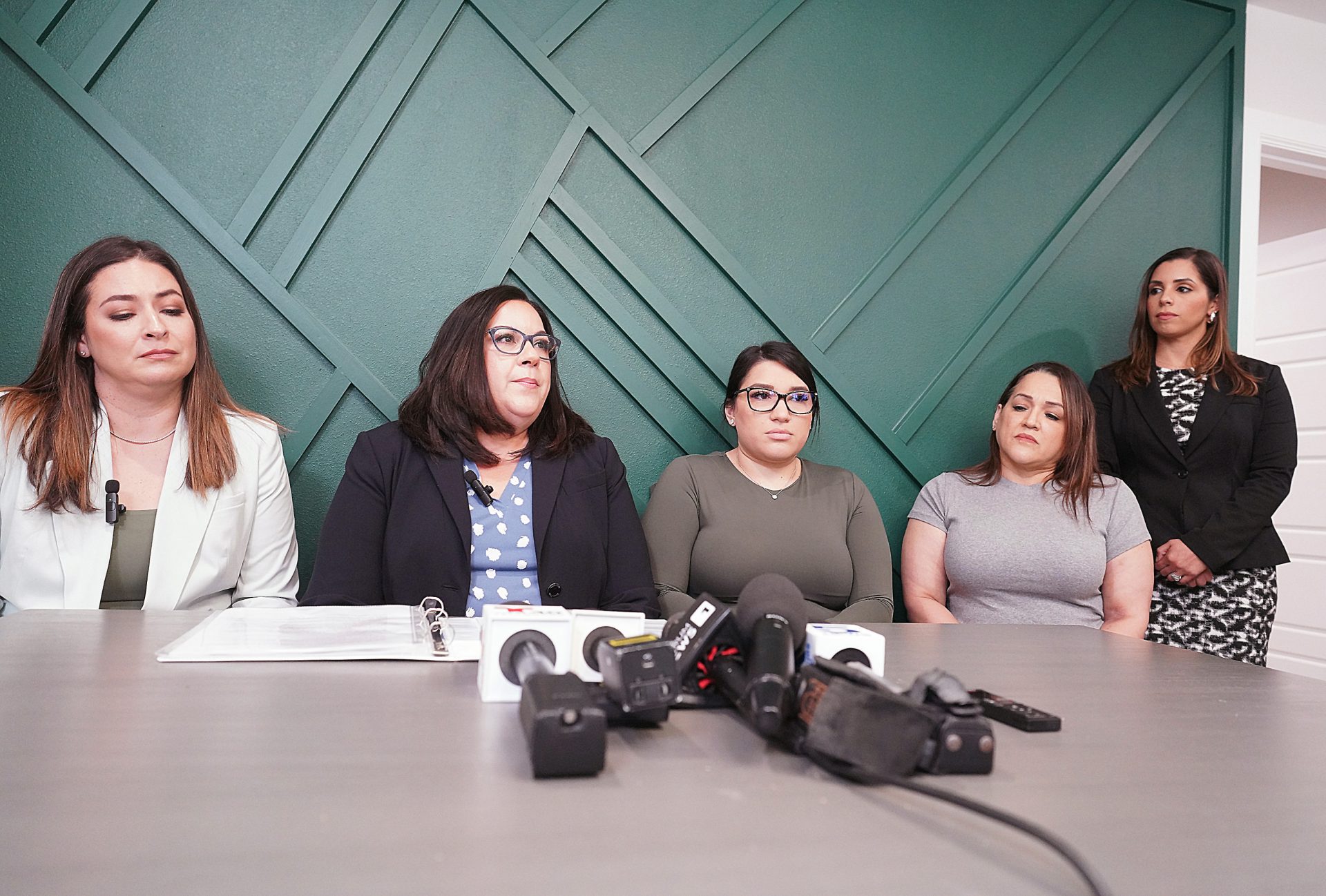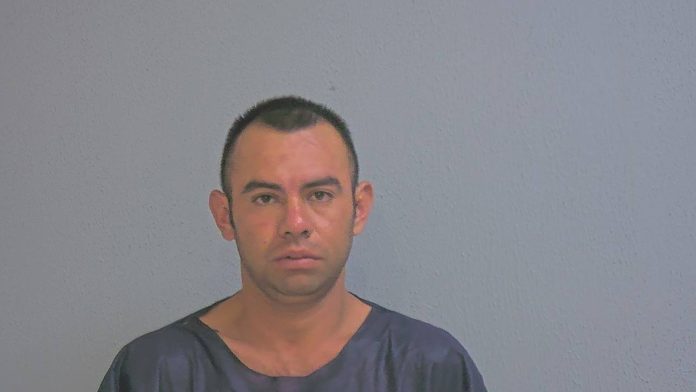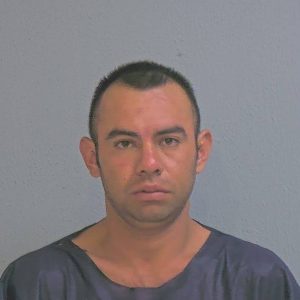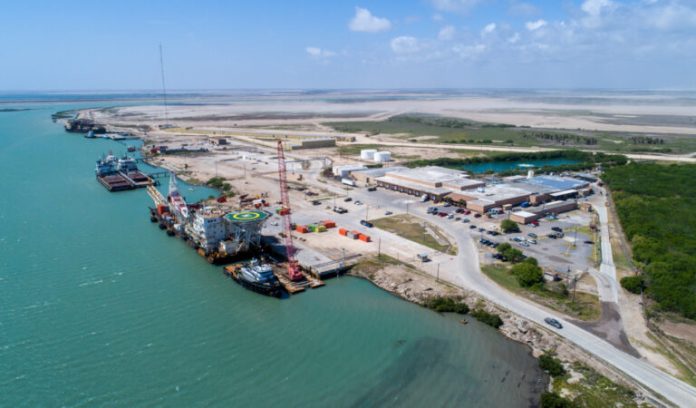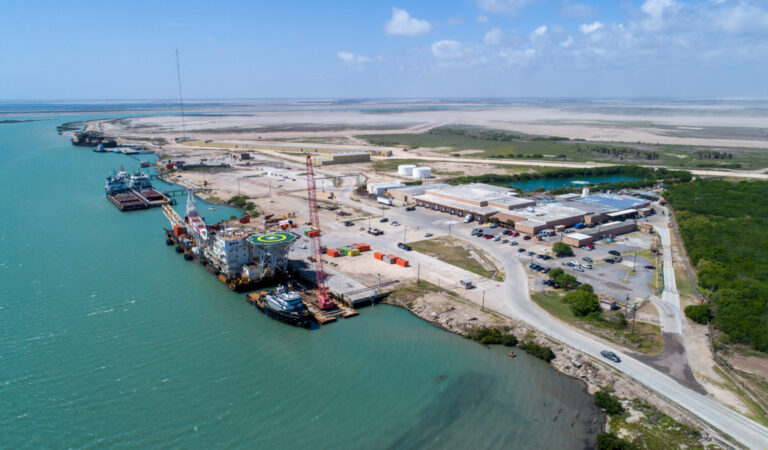By Richard Tribou | Orlando Sentinel (TNS)

Evidence of debris stemming from return trips of SpaceX Dragon spacecraft has prompted the company to shift future landing operations from Florida to California.
The move was announced Friday during NASA’s press conference previewing the upcoming Crew-9 mission to the International Space Station, and it won’t take effect until 2025 after Crew-9 has returned.
“After five years of splashing down off the coast of Florida, we’ve decided to ship Dragon recovery operations back to the West coast,” said Sarah Walker, SpaceX’s director of Dragon mission management.
This includes both cargo and crew versions of its spacecraft.
At issue is the trunk portion of the Dragon capsule that is discarded before reentry and splashdown. Initially, the cargo version of Dragon made returns in the Pacific 21 times from 2011-2020, but when crew capability came online, SpaceX made the shift to allow for capsule landings off the coast of Florida either in the Atlantic or Gulf of Mexico.
Feeding that decision were models that predicted how the trunk portion would break up in Earth’s atmosphere.
“SpaceX and NASA engineering teams used these industry-standard models to understand the trunk’s breakup characteristics, and they predicted the trunk would fully burn up due to the high temperatures that are created by air resistance during that high speed reentry into Earth’s atmosphere,” Walker said. “They should leave no debris, and that was a determining factor in our decision to passively deorbit the trunk and enable Dragon splashdowns off the coast of Florida.”
SpaceX first landed a Dragon capsule in the Atlantic with the uncrewed flight of Demo-1 followed by the first crewed launch of Dragon on Demo-2 in 2020. It also switched cargo Dragon missions beginning with CRS-21 in December 2020 so that all Dragon landings have been off Florida’s coast since.
“So today Dragon’s trunk is jettisoned prior to the vehicle deorbit burn while still in orbit,” Walker said. “That leaves it in space while the capsule comes down and does a pinpoint splashdown and then it passively reenters and breaks up in the Earth’s atmosphere in the days to months that follow.”
But that leaves the trunk with imprecise timing and location for landing.
“To date, the majority of that trunk debris has reentered over unpopulated ocean areas. But the fact that any debris has reentered indicates to us that we need to draw a different conclusion from that initial analysis,” Walker said. “So I just want to say that we are committed to safe spaceflight operations and to public safety. It’s at the core of what we do.”
Walker said it evidence of trunk debris was first discovered in 2022 in Australia. More debris has since been found in North Carolina and Saskatchewan, Canada. Walker said SpaceX implemented some changes after the 2022 discovery to improve probability.
“But then we also launched into a big effort to work with NASA and the FAA to pursue a longer term solution, and that’s where we are today,” she said.
The move back to West coast landings means software on Dragon launches will shift so the trunk remains attached until after the deorbit burn, and that will mean the trunk will land safely in an unpopulated area of the ocean west of the landing spot in the Pacific.
SpaceX will shift one of its recovery vessels to the Pacific in 2025 basing operations out of the Port of Long Beach for initial postflight processing. After that, Dragon will be transported back to Florida to prepare for its next launch.
“This isn’t just going back to the old way of doing things, especially considering our human spaceflight recoveries have never before been executed from the West coast,” Walker said. “Instead, I see it more as taking a familiar operations concept and applying it to the Dragon we fly today, finding a way to combine the public safety benefits of West coast recovery with all the benefits of crew transportation services and enhanced cargo return capabilities that we provided the last five years out of Florida.”
Dragon flights have become more common with the pace of crewed launches ramping up on top of regular resupply missions to the ISS with cargo Dragon.
Crew-9 is the third human spaceflight in 2024 out of what could be a record five flights this year. SpaceX’s Crew Dragon fleet already supported the Axiom-3 mission in January and Crew-8 flight in March. After Crew-9, which could fly as early as Aug. 18, it has the Polaris Dawn mission that could also fly in August set to send up billionaire Jared Issacman on a return trip to space, and then the Axiom 4 mission to the ISS as early as November. In 2025, it has Crew-10 slated for February.
It also has the next Dragon resupply mission CRS-31 slated for September and another in early 2025, which could end up being the first West coast landing for the spacecraft.
“This is critical to ensure Dragon continues to safely fly to and from Earth orbit. This new path I believe will make it possible while also keeping the public safe as we work toward becoming a spacefaring civilization,” Walker said.
Similar to SpaceX Crew Dragon is Boeing’s CST-100 Starliner, currently awaiting its return home to the U.S. form the International Space Station.
Unlike Dragon, it targets landings not in the ocean, but on land.
Starliner’s target landing spots are among five locations in the southwestern United States, with two on the White Sands Missile Range in New Mexico, one on the Dugway Proving Ground in Utah, one on the Willcox Playa in Arizona and one on Edwards Air Force Base in California.
It too has a trunk portion called a service module, that will be separated, but after the deorbit burn on reentry as it travels over the Pacific, so that debris would fall into the ocean as well.
©2024 Orlando Sentinel. Visit at orlandosentinel.com. Distributed by Tribune Content Agency, LLC.





